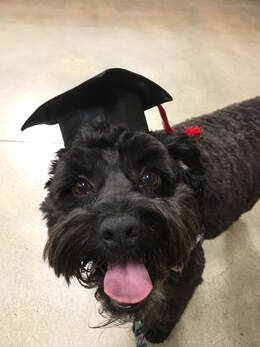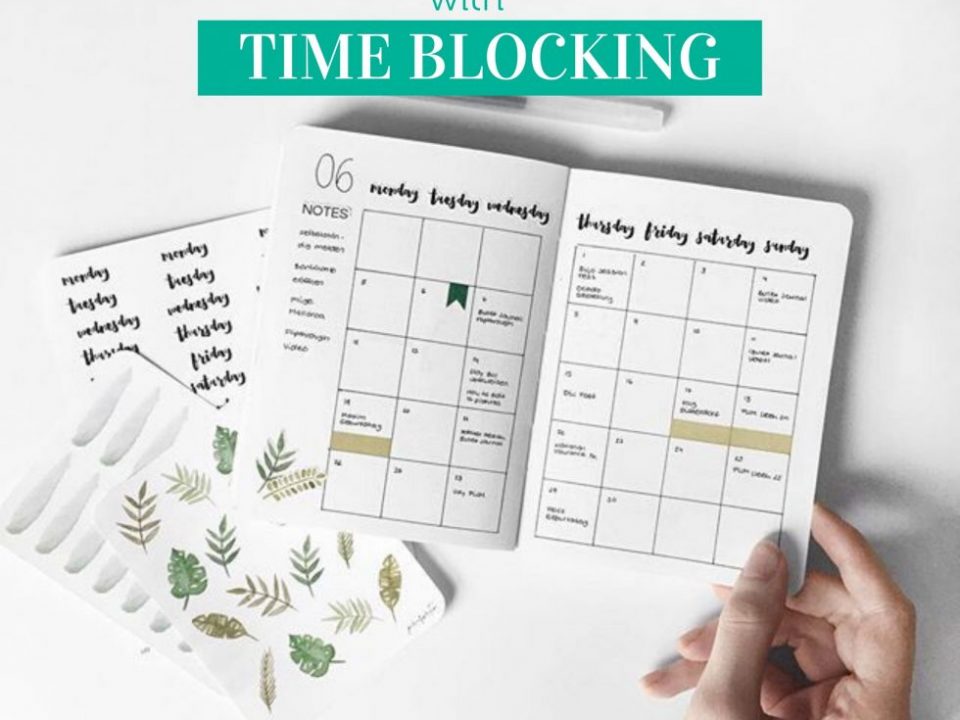
Olive and I have been through Beginner dog training. Note the graduation cap in the photo (no small feat to get this image!)
I’d say that her ability to listen to my requests is an ongoing challenge and open to interpretation from her perspective, I’m sure.
Being a good communicator is more about how you listen than what you say.
When you truly listen to others and they believe you understood them, well, it is a powerful experience.
There are 3 levels of listening that I’d like to share with you.
Level 1: It is the “ME” level.
- the focus is on self
- listening happens through personal filters and judgements
- level 1 listening is appropriate when gathering information for self (like asking for directions)
Level 2: It is the “WE” level.
- the focus is on the self and the other person and then back to self again
- you are hearing, but not deeply listening
- there is listening with the intent to respond and perhaps interrupt to get your point across
Level 3: It is the “YOU” level.
- your complete focus is on the other person
- you are listening for meaning and feeling of what is being said
- you are listening for the essence of what is behind the words
For many of us, staying at Level 3 listening, the YOU level, takes practice. Perhaps we have some poor listening skills, like Sheldon, to break.
Here are some tips to help you listen at a level 3 and focus on the other person:
- Consider what is your body language is communicating.
Lean in with full eye contact;
Nod and give non-verbal cues that you’re listening;
Mirror the body language of the other person;
Maintain an open and relaxed posture;
Be aware of your facial expressions so you can avoid looking as if you disapprove - Consider applying the paraphrase technique. Show the person you’re listening by saying in your own words, not like a mimicking parrot, what you believe is the essence of what they are sharing with you. For example, “It sounds like” or “If I understand you correctly”
- Consider asking questions. Stay observant and curious without judgement. When you ask questions you limit the assumptions you might otherwise make and you encourage the other person to expand on their thoughts and feelings. If they ask you to respond, or if you’re unclear about what they’re saying, try, “When you say……do you mean……?” or “Could you expand on that though a bit more? or “Could you tell me more?”
- Avoid giving advice. Wait until you’re certain the person has finished speaking and then ask if they are open to some input or suggestions. If they say no, honour their wishes.
- Express empathy. I’ve included one of my favourite videos on the topic of empathy, by Brené Brown. Just acknowledge what you hear the other person expressing. Try a statement like, “I can sense you’re feeling frustrated.”
Consider practicing Level 3 listening with someone you trust and respect. Find a quiet and distraction-free place to talk. Ask them to share what’s on their mind. When the other person had their chance to share, ask if you can have a turn to offer your perspective and use “I” statements to keep the walls of defensiveness down and to make it easier for the other person to practice level 3 listening with you.



